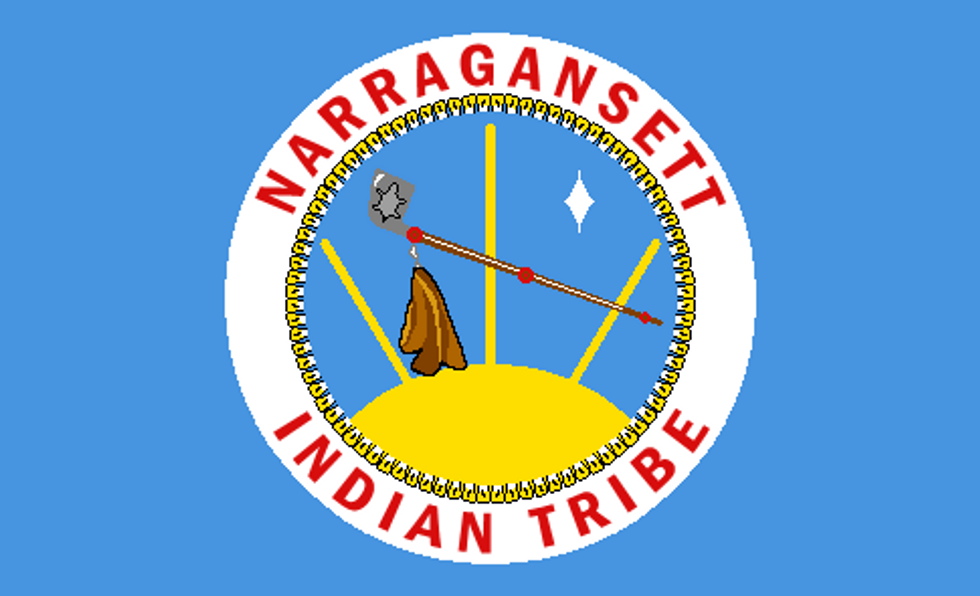I’ve recently come to find out that the UMASS Dartmouth Unity House, a center established to provide a supportive network for students of color, has a particularly interesting program that invites guest speakers of different religious backgrounds to discuss their beliefs among UMASS Dartmouth’s students and staff. I had the privilege of attending one of such talks and it turned out to be a fantastic experience that provided me with a lot of fascinating information about a tribe that had previously been unknown to me.
It was with the rhythmic beating of drums and Professor Spears’ melodious voice that the audience present at the Unity House’s Spirituality talk were welcomed to an afternoon of religious enlightenment. Spears explained that it is common for the Narragansett people, the only federally recognized tribe in Rhode Island, to initiate cultural gatherings with the performance of a welcoming song. As an educator and member of said tribe, Loren Spears has spent years sharing the knowledge of her people and ancestry with those who wish to learn about it. During her visit to the UMASS Campus, Spears marveled those nearby with enriching tribal tales and the cultural wisdom of the captivating Narragansett people.
Professor Spears began by humorously discussing the popularized misconceptions that the mainstream celebration of Thanksgiving has created. She clarified that for the Narragansett tribe, and many other native cultures, the celebration of thanksgiving is something that occurs all year long. Her people follow a traditional calendar inspired by the “13 moons” on a turtle’s back and because of this they celebrate 13 thanksgivings! She brilliantly highlighted the different ceremonies that take place within the celebration of such events, while emphasizing the importance of gender and age in the completion of these rituals. She spoke of her people’s herbal knowledge, dancing rituals and their undying appreciation of nature and its wonders.
Personally, I believe this was a wonderful presentation and honestly Professor Spears’ knowledge of her culture has even inspired me to attempt to learn more about my own people and the African influences that have been crucial in shaping the Cape Verdean cultural identity.

















